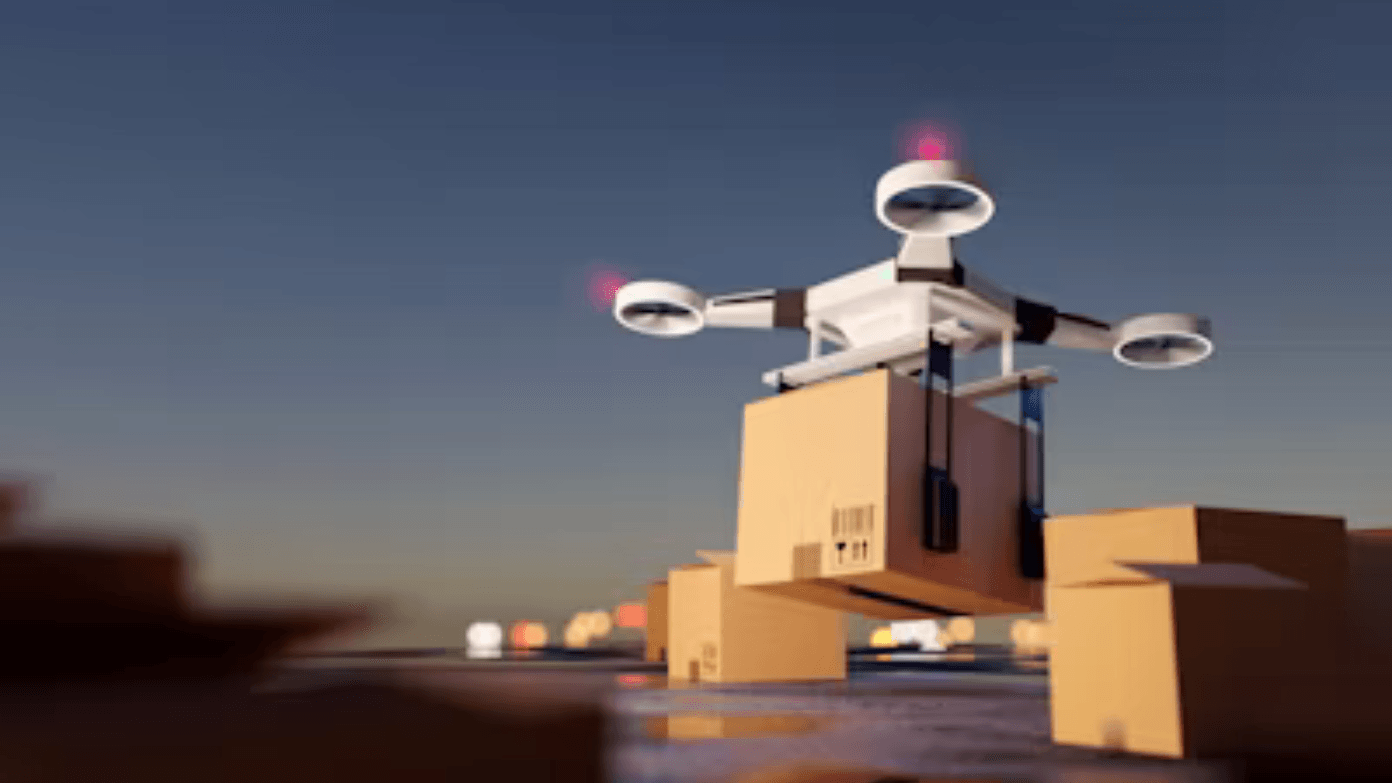In partnership with Zipline-an autonomous delivery specialist, Chipotle Mexican Grill has launched Zipotle, an aerial food delivery service tagged for digital orders in the Dallas-Fort Worth area. Starting in the next few days, a few lucky customers will enjoy the soaring burritos and bowls coming to their doorsteps, courtesy of drones.
How Zipotle works
Customers place their order through the Zipline app, opting from Chipotle’s full menu available. Whether ordering from the restaurant, initially at 3109 Lakeview Parkway in Rowlett, employees will pack each order to a Zipping Point kiosk, so a Zip drone will autonomously pick up the package, navigate around obstacles, and fly to the destination location specified by a GPS location from the customer. Hovering approximately 300 feet above ground, the drone gently lowers the meal via a tethered delivery mechanism, ensuring food arrives “dine-in fresh.”
Trial locations launching in Texas
Though the Rowlett restaurant marks entry for the early-access program, the network that Zipline has sprawled is broad throughout many of the suburban communities surrounding the location. In the weeks ahead, Zipotle deliveries will be added to:
- Mesquite
- Waxahachie
- Kaufman
- Weatherford
- Greenville
- Terrell
- Anna
- Lewisville
- Bedford
Most of these cities already have at least one Chipotle location, making these areas highly functionalized across the Dallas-Fort Worth metroplex.
Fees, schedule, and capacity
Zipotle delivery will come with a flat delivery cost of $2.99 plus a 15% service fee that will be capped at $6. Initially, a drone could carry about 5.5 pounds, with plans to augment that to 8 pounds in the future. The operating times are set from 12 p.m. to 8 p.m. CT daily, with plans emitted to extend at times up to 10 p.m.
Strategic and environmental impact
The Zipotle pilot really underscores Chipotle’s overall automation strategy: to enhance the convenience of customer service while simultaneously reducing the footprint of delivery times and emissions. Zipline’s electric drones have zero in-flight emissions, with over 1.6 million commercial deliveries done worldwide, traveling by air about 100 million miles. By testing Zipotle in suburbia Texas, Chipotle fine-tunes its stage-gate expansion process before going on a nationwide roll-out.
If successful, Zipotle would theoretically change the economics of last-mile delivery and customers’ experience with fast-casual chains. With the progress made in regulatory approvals for beyond-visual-line-of-sight (BVLOS) drone operations, the enigmatic Chipotle aerial logistics experiment can soon morph into reality and be set up as a new trans-industry standard on rapid, sustainable, and technological food delivery.
Read more: Cracker Barrel’s launches new logo: is the Southern-style food chain changing its offering?

